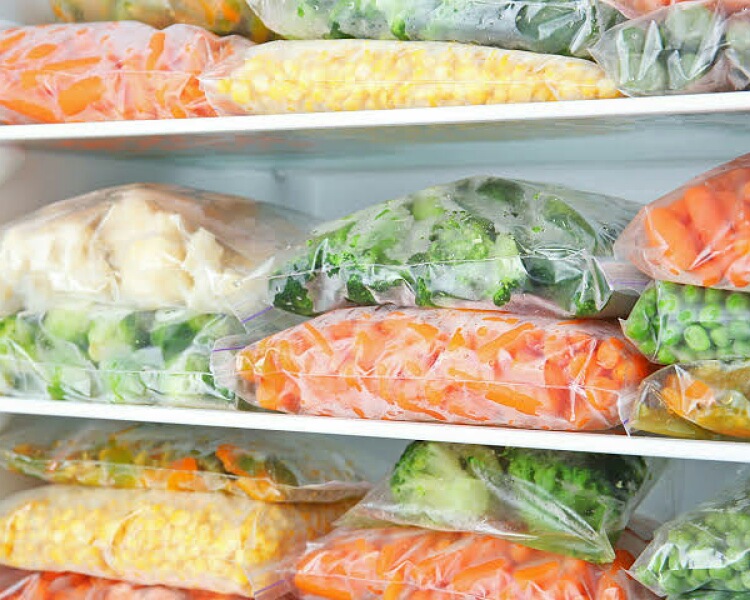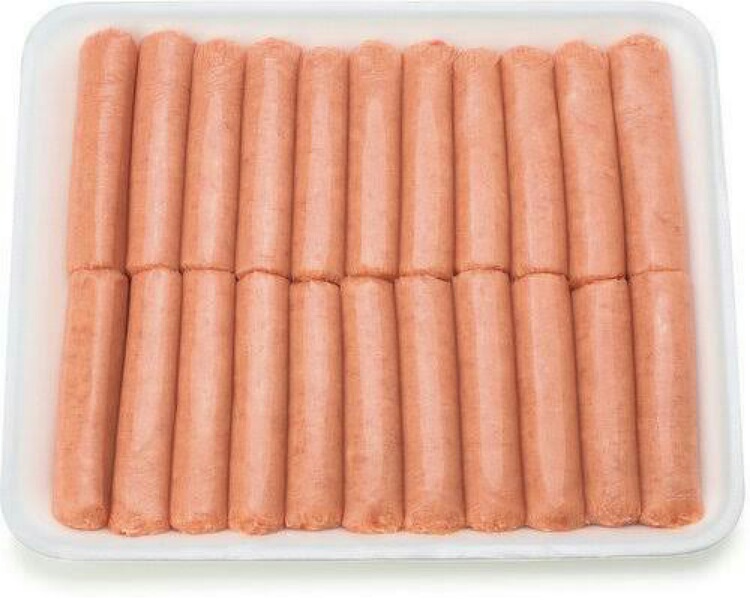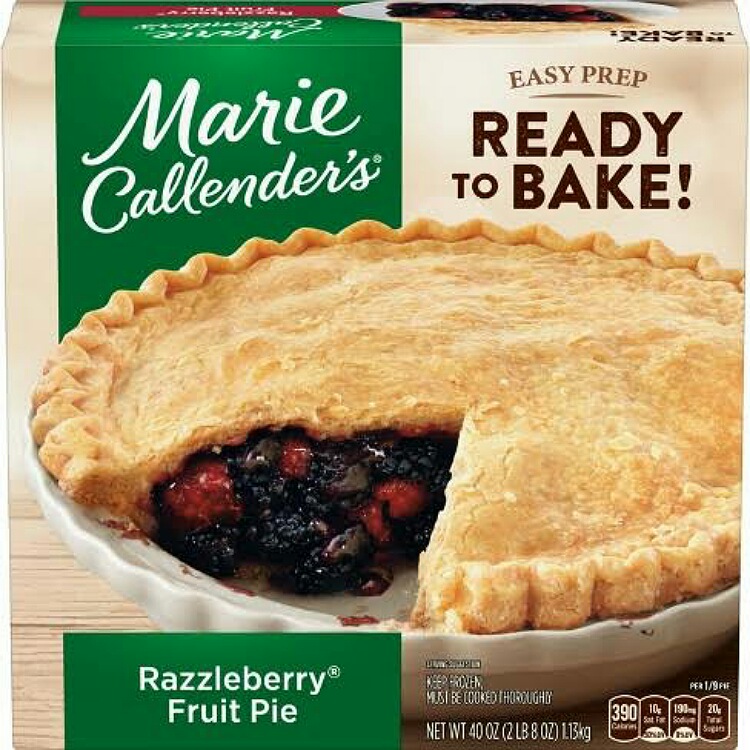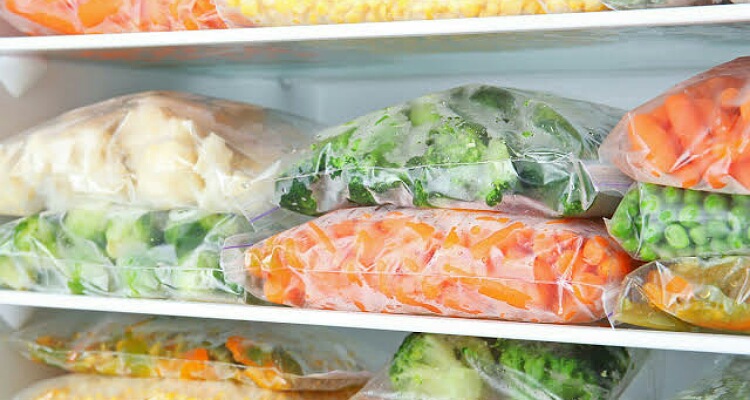Frozen foods are a great boon for working women and bachelors. You get almost any edible items in frozen form to be heated and consumed.
But not all frozen ready-to-eat food items are healthy. Which are these foods that should be eaten in moderation or not at all?
Frozen foods: a great boon
Frozen foods brought great convenience to working ladies and bachelors. A lot more easy to cook and giving more comfort, these foods are found in all supermarkets.
They can be cooked to eat during emergencies and with time constraints.

These include several types of foods. Additionally, they are also helpful when seasonal vegetables are not available. These can be thus consumed throughout the year in frozen forms to be heated when required.
Flatbreads, peas, French fries, pizzas, spinach, fruits, and berries are available in this state and remain good for many months in the house refrigerator or freezer.
But there are certain frozen food items that should be avoided. Dietitian Signe Svanfeldt states:
“There are plenty of great options out there filled with nutrients and dietary fibre, including frozen whole grain bread, vegetables, fruits and berries.”
“However, there are also some frozen foods that are quite low in nutrients while high in sodium, saturated fats and added sugar.”
“We should aim to eat these in lower amounts, as a high intake of these foods have been shown to increase the risk of cardiovascular diseases, type-2 diabetes and obesity.”
1. Pizzas: a type of frozen foods
These are OK once in a while. But frequent eating them could be bad. Because these frozen pizzas have thicker crust and more of processed meat. Signe has this to say of it:
“These are high in sodium and saturated fat, which if eaten in excessive amounts are associated with an increased risk of cardiovascular diseases and obesity”,
2. Pastries
These are wonderful to snack on with tea or coffee. But their fat content is invariably high. Signe says:
3. Deep fried food items
These are high in fats of the saturated type and sodium. Therefore, Signe reveals:
“Consuming a large amount of these foods are associated with an increased risk of cardiovascular diseases and obesity.”
4. Sausages

These are available in frozen form but have the same issues of high sodium and saturated fats.
5. Ready meals of Western and Asian types
These meals are available in the frozen sections of supermarkets. But they too are rich in saturated fat and salts. Therefore, they run the risk of causing obesity and heart ailments.
6. Pie
Registered dietitian, Allison Tallman feels that eating these frozen pies are not healthy. Hence, Allison states:
“There is limited beneficial nutritional value coming from this product (pie). The excess calories and fat may lead to weight gain.”
Also, read here Kate Moss and her 80:20 eating and balanced diet

Moreover, frozen foods have added preservatives. These could be harmful especially in allergic people. But Signe concludes:
“That said, no food items or nutrients are so unhealthy that you fully need to exclude them from your diet, it is all about having a balanced and varied diet in line with your energy requirement”
